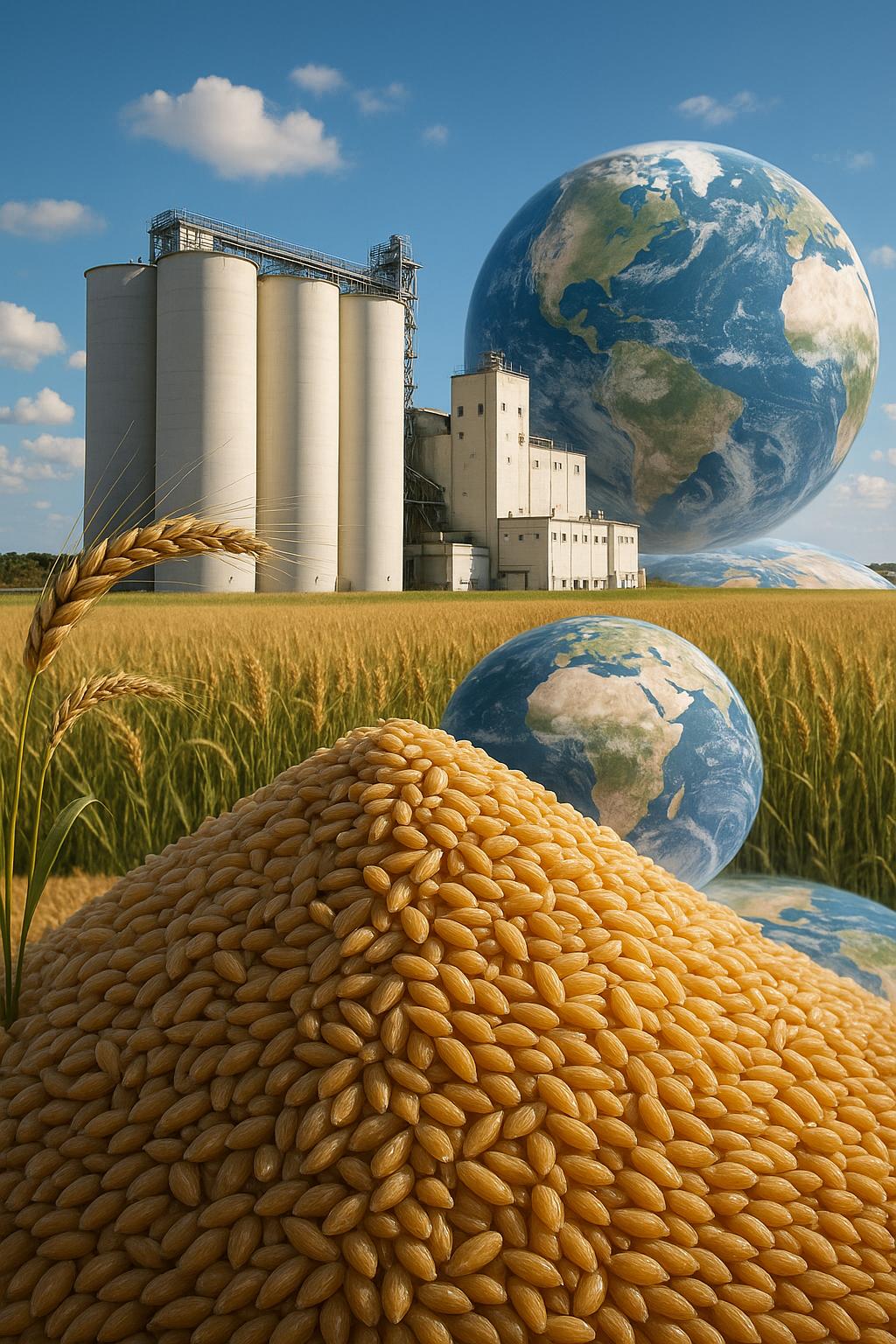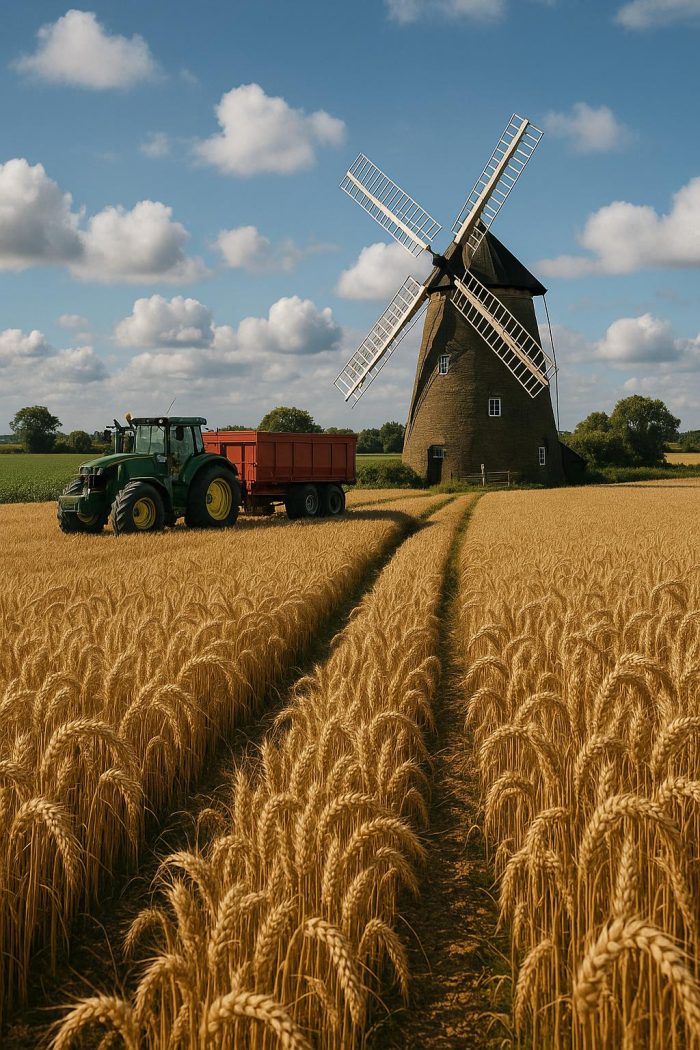The Role of Flour Mills in Global Food Security
Flour mills represent a cornerstone in the multifaceted domain of global food security. Their principal function is to convert raw wheat into flour, a ubiquitous component in diverse dietary patterns across the world. Flour mills’ contribution to food stability is crucial as they maintain the consistent supply of one of the most widely consumed food products globally. This consistency helps buffer against periods of scarcity and ensures the continuity of food availability.
Understanding the Basics of Flour Milling
Flour milling is an intricate procedure that transforms wheat into flour, encompassing not just the grinding process but a series of preparatory and refining steps. Initially, wheat undergoes cleaning to remove extraneous materials such as stones and dust. This is followed by conditioning, where moisture is applied to the wheat, making it easier to separate the bran during the milling phase. The grinding itself can involve various methodologies, from traditional stone grinding to advanced roller and computerized milling methods. Each process plays a pivotal role in producing flour suitable for different culinary and nutritional purposes.
Key Processes
Cleaning: This initial step involves the removal of impurities from the wheat, ensuring that the following processes are carried out more effectively.
Conditioning: By adding water, the bran is softened, allowing for its easier separation from the endosperm during milling.
Grinding: Implementing diverse techniques, the wheat is finely ground to create flour, adopting methods like stone grinding and modern computerized milling, which dictate the texture and quality of the output.
Flour Mills: More than Just Production Units
Flour mills extend beyond being mere production facilities; they are integral components within the agricultural and economic landscapes. By influencing the standards for grain quality and pricing, they connect various stakeholders—from farmers to food processors and consumers—thereby having far-reaching impacts on the economic processes involved in food production and distribution.
Economic Impact
Within wheat-producing regions, flour mills serve as critical economic hubs. Acting as intermediaries between the sector of raw wheat production and the food manufacturing domain, they facilitate the seamless transition of agricultural products from farms to dining tables. This functionality not only supports local economies but also encourages rural development by offering jobs and invigorating economic activities within these communities.
Contributions to Food Security
Several dimensions underscore how flour mills bolster food security:
– Ensuring Availability: By transforming wheat into flour, mills guarantee the year-round provision of this staple, ensuring continuity in food supply even in off-seasons.
– Enhancing Nutritional Value: Today’s milling processes often involve fortifying the flour with essential vitamins and minerals, thus enriching the nutritional intake from staple foods.
– Reducing Food Waste: Advanced milling techniques minimize production loss and waste, channelling more food towards consumption rather than spoilage, thereby improving the overall efficiency of food distribution systems.
Challenges Facing Flour Mills
Flour mills, while critical, encounter several challenges that may inhibit their contributions to global food security. These challenges include volatility in wheat pricing, restrictive trade policies, and climate impacts that threaten wheat production. Additionally, there is a technology gap between mills operating in different regions, which can affect efficiency and production quality.
Addressing these challenges necessitates concerted efforts from various industry stakeholders, ranging from governmental bodies to international alliances. Such efforts could involve investing in advancements in milling technology, adopting sustainable farming practices, and formulating trade policies that are conducive to international collaboration rather than stifling it.
The Path Forward
In conclusion, flour mills occupy a critical role in reinforcing global food security, acting as an essential conduit between agricultural production and food consumption. Their capacity to adapt to emerging challenges and integrate modern technological innovations will be essential to sustaining their pivotal role. For individuals or organizations keen on delving deeper into the impact of flour mills on food security, numerous resources are available through industry associations and research entities specializing in agriculture and food sciences.



